Jordan Peele’s Get Out is a modern-day provocation commanded by raw talent. On the surface, one can marvel at a feature debut steadied by poise, purpose and tonal damnation. Social relevancy gives a voice to racial unrest, only making this twisted suburban nightmare even more daringly delicious. Peele uncorks a bottle of matured oppression, and adds it to a simmering societal pot that only appears to be bubbling more by the day. Paranoia, exploitation and class dominance make for one hell of a conflict, yet comedy still endures. Not like a confined Key & Peele sketch entertains, though – expect nothing to be held back. Just wait for the last thirty-minutes or so. Fireworks by way of gore, survival terrors and one massive, monumental mindfuck.
Daniel Kaluuya stars as Chris, an African-American photographer who’s dating the All-American Rose (Allison Williams). It’s a big weekend for the couple. They’re headed into a predominantly white community to meet Rose’s parents, neurosurgeon Dean Armitage (Bradley Whitford) and psychiatrist Missy Armitage (Catherine Keener). Chris balks at how their interracial relationship will be viewed, while Rose responds with “my dad would have voted for Obama a third time if he could.” It’s true, because this is one of the first things Dean tells Chris. All seems to be going well, until Chris notices that the only other colored people around are housekeepers (Betty Gabriel and Marcus Henderson). Then Missy hypnotizes him, a party gets weird and Chris starts to realize he might not be meant to leave.
It seems redundant to anoint Get Out one of the most timely, introspective horror films of any generation, but to ignore Peele’s power-play would be equally neglectful. Every critic is going to label Get Out as “necessary,” or “important” based on today’s social landscape, only because such assertions are unarguable. We’ve reached an uneasy time in history, and Peele’s oppressive undertones give way to even scarier thoughts.
Could one group of people mute, control and lobotomize what they see as “unequal” humans? Metaphors give way to bloody representations, when white folk stop keeping it real and spill jealous motivations. This isn’t simply “black vs. white,” but a specific exemplification of the most dangerous mindsets. Ones that rationalize ignorance with claims of “salvation” and “rescue.” Gee, where have we seen this before?
Cinematically, Peele draws influences from The Stepford Wives, Rosemary’s Baby and anything where a secret collective hides behind their portrait of cheery perfection. It’s a wicked road paved with hospitality, but Get Out doesn’t waste much time teasing a slave-like ownership. Chris makes jokes about being unwelcomed by Rose’s parents – real hesitations experienced by many Americans – but realities afoot only bolster these ludicrous notions with more value. Facades of normalcy are used to carry out hidden agendas, shown to the extreme by Dean’s family practices. Scene by scene, we’re sucked into this bizarro world Peele conjures from a place of national instability. It’s an incredulous journey, in that Get Out speaks with boisterous freedom. Mic Dop 101 – class is in session.
That said, expect to laugh throughout. Peele isn’t bound by comedy, yet the jokester’s ability to delight still fits inside his world of evened scores. I’ll get to main cast members shortly, but in mentioning humor, understand that LilRel Howery steals almost every scene as TSA agent Rod Williams. He’s Chris’ best friend; an up-front skeptic with street swagger. Without Rod, everything crumbles. His Jeffrey Dahmer monologue about decapitated blowjobs sounds gross, but only becomes funnier as obscenities fly. A plea for police help is equally laughable, as Rod fails to convince Det. Latoya (Erika Alexander) that Chris was kidnapped by his little white girlfriend. Believe it or not, each phone call between Rod and Chris acts as the connective glue between Peele’s straight-faced stripping of rights. Rod makes Get Out far more than awkward whiteness and evil motivations as one of 2017’s unsung supporting heroes.
Of course, it’s the Armitage family and Chris who weave a bloody web of lies. From the minute Chris enters their country-club-esque abode, we know Dean’s usage of “brotha” and “thang” can only spell trouble. Missy’s motherly kindness works to offset suspicions until son Jeremy (Caleb Landry Jones) saunters into frame, unhinged and recklessly aggressive. Chris cares deeply for Rose, and keeps his race theories to himself – all boyfriends have to deal with family rigidness, correct? Yet, as more and more white neighbors present themselves, conversations are directed towards Chris’ skin color. A social gathering turns to an assault of offensiveness, from golfers talking about Tiger Woods to another guest saying how being black is “in” these days. No one can get past Chris’ genetic makeup, “superior” in stature and composition.
Kaluuya plays chill, reserved and then appropriately unrestrained like a nervous new boyfriend should. His interactions with Catherine Keener sting with small-talk upon first introductions, but Kaluuya’s best work comes when caught under Keener’s trance. Paralyzed and broken, he sits in her therapist’s chair, tears running down his face. In a moment’s time, we watch his bulky machismo retreat into a bleak, vulnerable cave (the “Sunken Place”). This is where Peele begins his glorious subversion (one of many), and where other characters wave their own respective flags.
Allison Williams is a white-supremacist’s dream in Get Out. She commits so heavily into Peele’s hilarious white caricature, as she sits on her bed nibbling dry Fruit Loops and sipping milk through a straw. Relaxing, listening to “(I’ve Had) The Time Of My Life” from the Dirty Dancing soundtrack while dressed in neatly-pressed, buttoned dresses. “Sparklers and Bingo, anyone?” says Bradley Whitford’s dorky father figure, as a re-set at a dying party. This is after Caleb Landry Jones gets drunk on wine and tries to put Kaluuya in a headlock.
Ugh, everything is SO picket-fence white, providing a perfect contrast to Kaluuya’s bewildered perspective. Every single Armitage plays into the spinning tornado of psychosis that threatens to touch down, which has a hypnotizing effect on the audience itself. Actions become marginalized, as our doubts begin to surface. A conversation about roadkill deer becomes a comment on entire population subsets. Then Peele drops the bombshell, and duplicitous personas reveal human aberrations.
You can’t watch Get Out and ignore the world around you. Both are tethered by intention, even if true methods don’t mirror outwardly-sinister cinematics. Jordan Peele’s job as a filmmaker is to lead us somewhere extreme, and hopefully fantastical. Like saying “Hey, imagine if things got THIS bad?” Noteworthy media prods the bear, and dares to challenge multi-headed beasts. Mission accomplished, Mr. Peele. Get Out marries racial satire with a terrifying finale, one that tears down blinders that some may have kept conveniently in place. Don’t listen to those who say horror movies are defined by physical scares. Plots based on real-life fears typically make for the most horrifying scenarios.

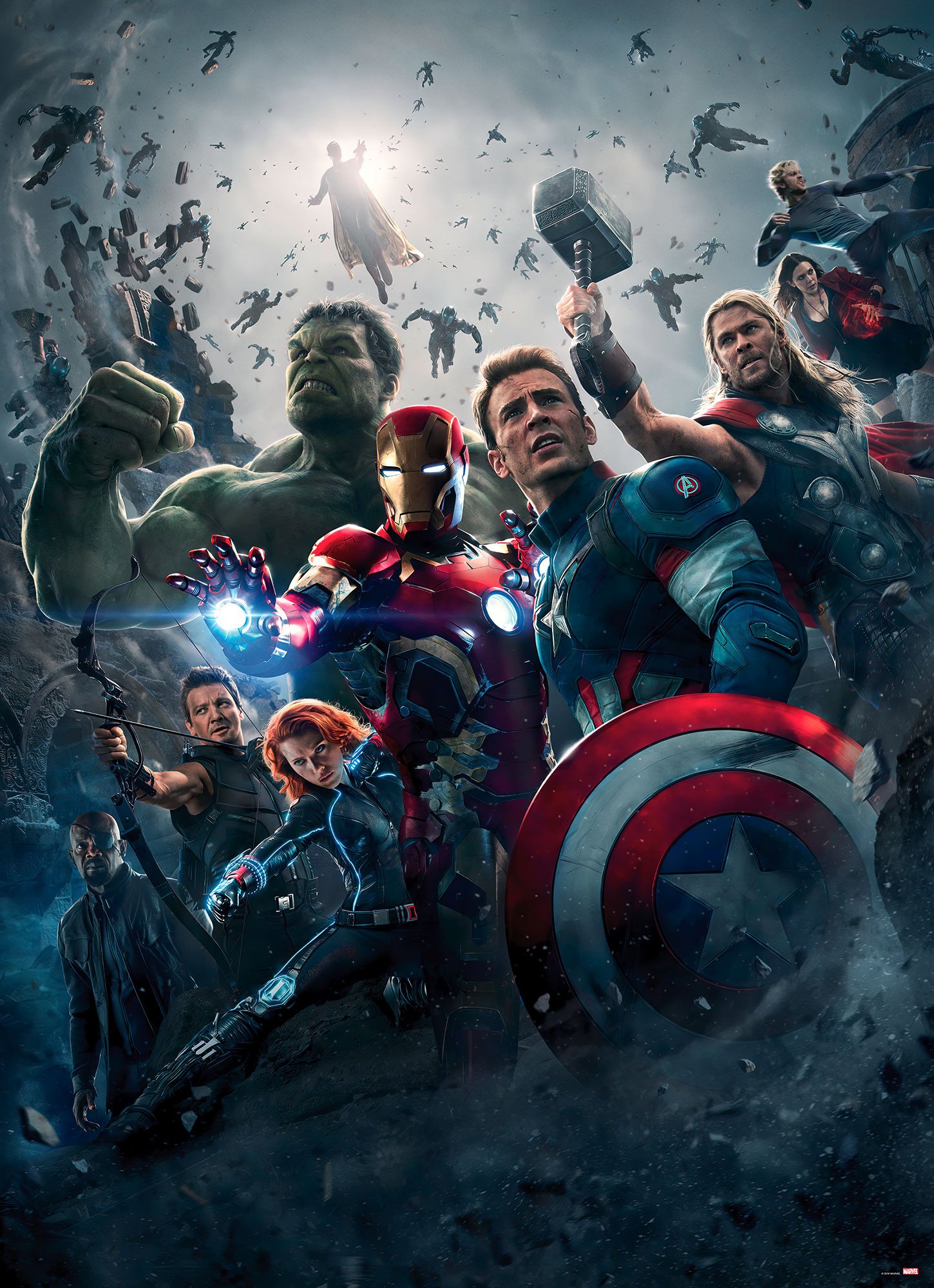

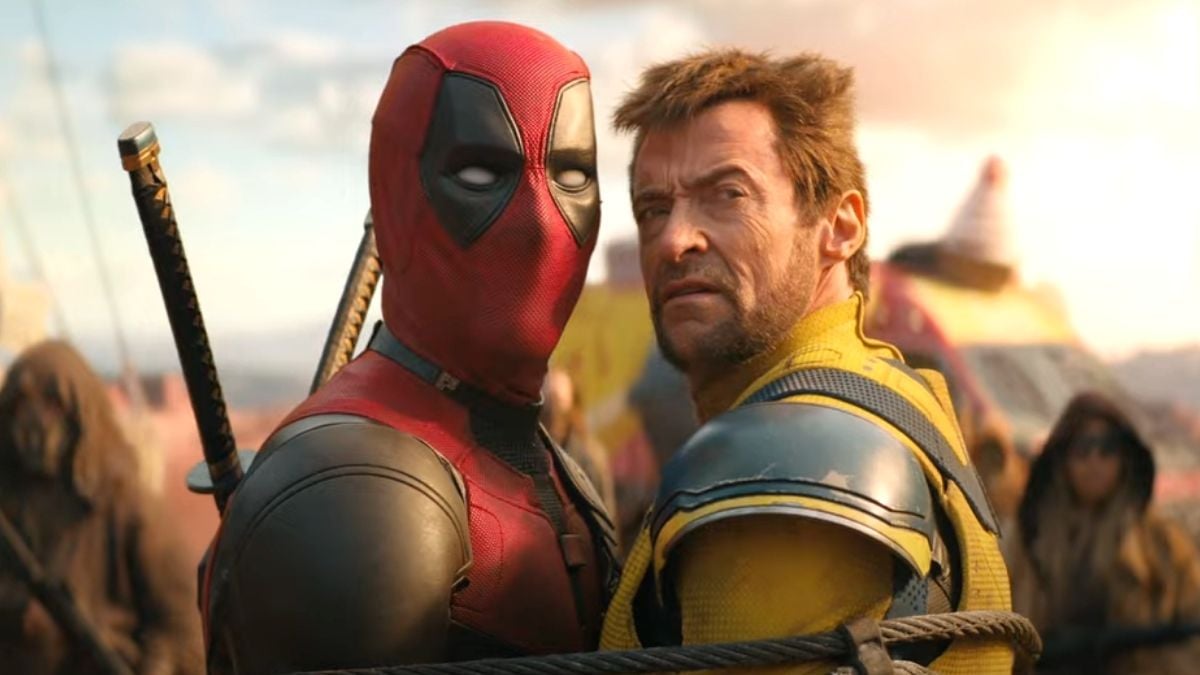
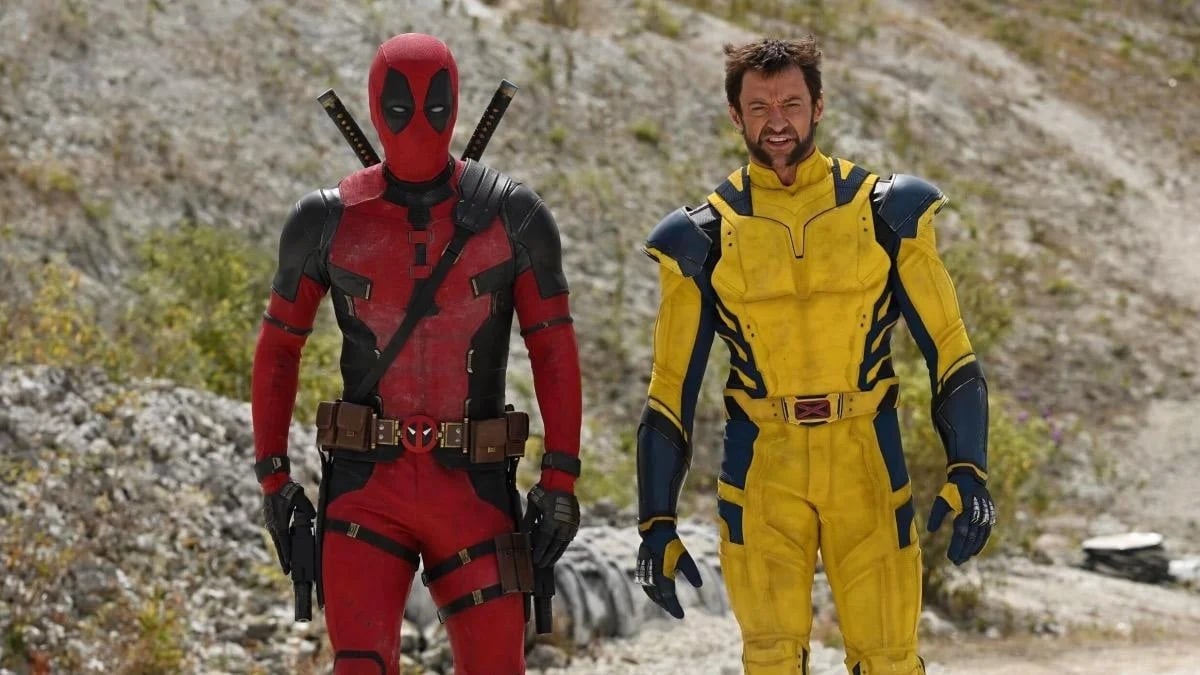
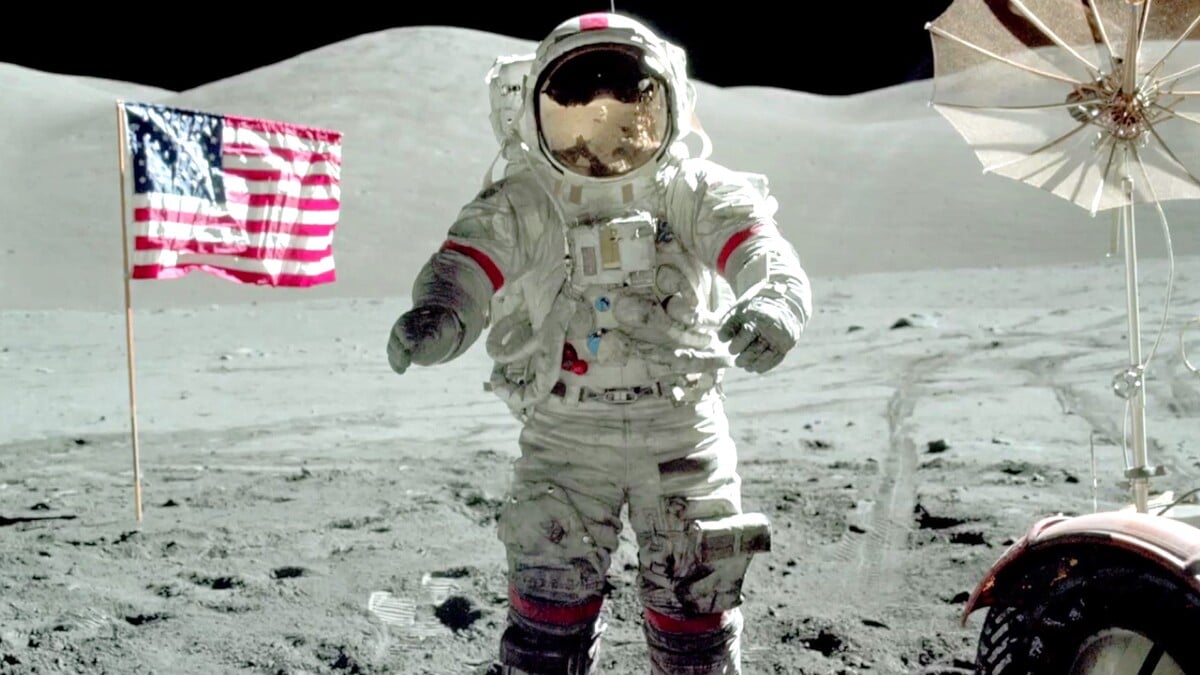

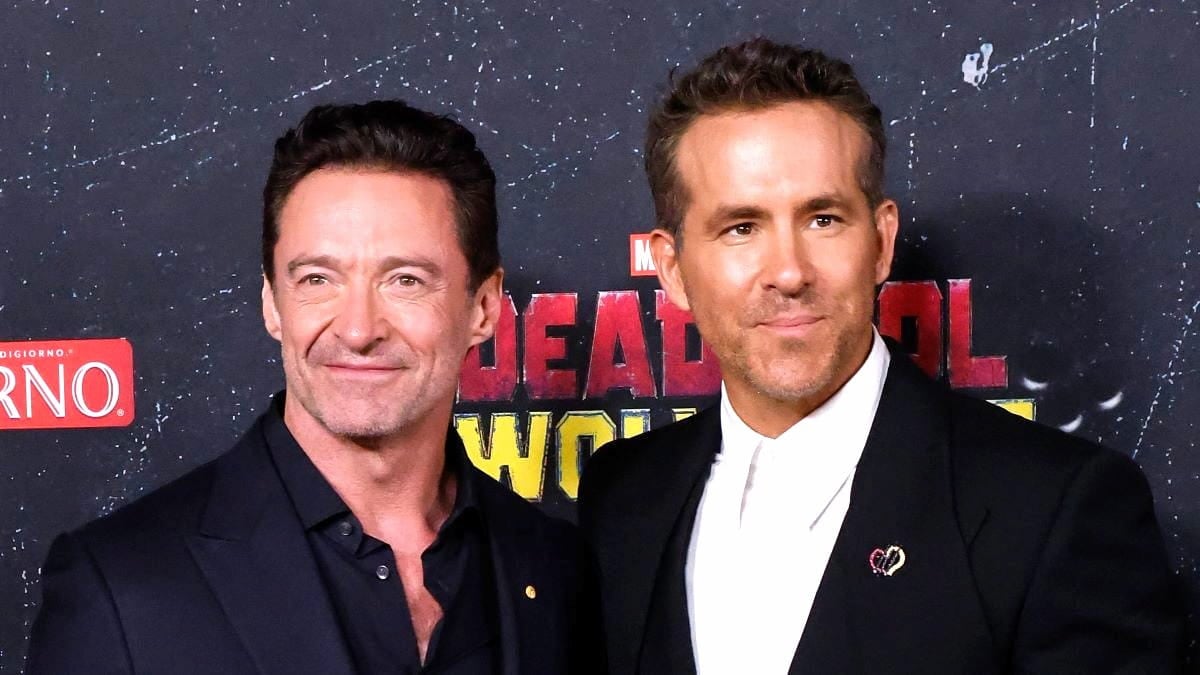
Published: Feb 22, 2017 09:27 pm